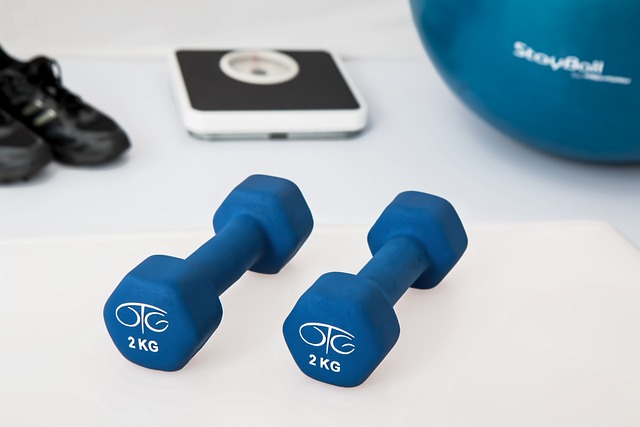Introduction to EGCG: Green Tea's Antioxidant Powerhouse
Epigallocatechin Gallate (EGCG) is a powerful antioxidant belonging to the catechin family, found most abundantly in green tea. Esteemed for its health-promoting properties, EGCG has attracted considerable scientific interest, especially regarding its potential roles in weight management and cardiovascular wellness. This article explores the evidence behind EGCG, its mechanisms of action, and how it might enhance your health.
EGCG for Weight Management: Supporting Metabolism and Fat Oxidation

Research indicates that EGCG may aid weight management efforts by influencing metabolism and fat burning. EGCG appears to inhibit catechol-O-methyltransferase (COMT), an enzyme that breaks down norepinephrine. Norepinephrine is a key hormone and neurotransmitter involved in regulating metabolic rate. By potentially slowing COMT activity, EGCG might prolong norepinephrine's metabolic boost, which could increase energy expenditure and encourage the body to use fat for fuel. Some studies also suggest EGCG can amplify the fat-burning effects of exercise.
For instance, the EGCG in a strong cup of green tea (ranging from 50mg to over 150mg, especially in matcha) consumed before exercise *might* enhance the body's ability to burn fat during the workout. However, results can vary greatly between individuals, dosage plays a critical role, and more research is needed to confirm the extent and consistency of this effect.
Cardiovascular Benefits: How EGCG Protects Your Heart
EGCG possesses potent antioxidant and anti-inflammatory properties, vital for cardiovascular health. Oxidative stress (damage from unstable molecules called free radicals) and chronic inflammation are key contributors to heart disease development. EGCG helps neutralize free radicals, protecting cells from damage. Additionally, its anti-inflammatory action can help reduce inflammation within blood vessel walls, which may improve blood flow and lower the risk of atherosclerosis (hardening of the arteries).
Dosage, Safety, and Professional Guidance

While green tea consumption is generally safe for most people, supplemental EGCG requires careful consideration regarding dosage and safety. The effective and safe dosage varies based on individual health factors. Clinical studies often utilize doses between 300-800mg of EGCG per day, typically from concentrated extracts. However, high doses of supplemental EGCG carry potential risks, including nausea, stomach upset, and, in rare cases associated with very high doses or pre-existing conditions, potential liver stress. It is *imperative* to consult a healthcare professional before starting EGCG supplements, particularly if you have underlying health conditions (especially liver issues) or are taking other medications.
Adding EGCG to Your Routine: Practical Ways
The most natural way to increase your EGCG intake is by regularly drinking green tea. Choose high-quality teas like sencha or matcha for potentially higher EGCG levels. Brewing green tea properly (e.g., using water around 175°F or 80°C, steeping for 2-3 minutes) helps maximize EGCG extraction without excessive bitterness. If considering supplements, select reputable brands, preferably those verified by third-party testing, and adhere strictly to recommended dosages after consulting your doctor. Other dietary sources like certain berries, nuts, and dark chocolate contain catechins, but green tea remains the most concentrated source of EGCG.
- Aim for 2-3 cups of high-quality green tea daily.
- Brew correctly (avoid boiling water) to maximize EGCG content.
- If considering supplements, consult a doctor and choose third-party tested brands.
- Enjoy other catechin sources like berries and nuts as part of a balanced diet.
Conclusion: Harnessing EGCG for Enhanced Well-being
EGCG, the standout antioxidant in green tea, shows significant promise for supporting weight management goals and promoting cardiovascular health. By understanding its benefits and potential risks, and thoughtfully incorporating EGCG sources like green tea into a healthy lifestyle, you may leverage its properties for improved well-being. Always prioritize safety and consult with a healthcare professional to ensure any approach, especially supplementation, is appropriate for your individual health needs.